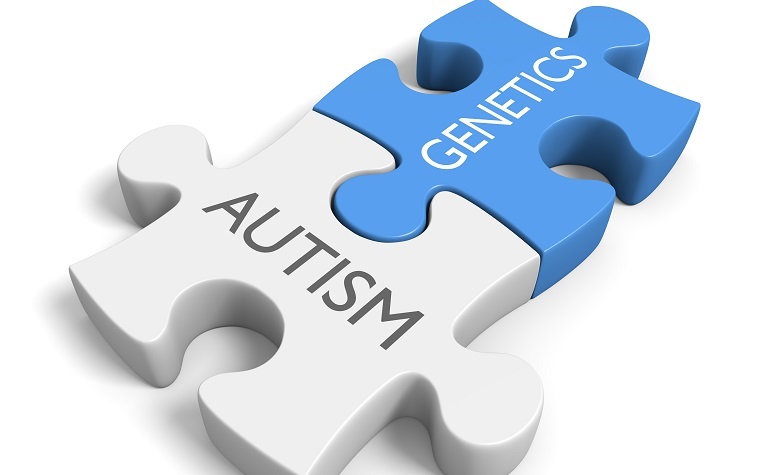
May Institute, an award-winning nonprofit organization that has over 60 years of experience with adults and children with autism spectrum disorder (ASD) as well as other development disabilities, recently provided new resources for communicating with patients with autism.
ASD, a neurological disorder, affects the brain’s development. The results are social skills deficits, inhibited communication skills, repetitive behaviors and restrictive interests.
Understanding the basics will help people know how to communicate with people who have ASD; this is why the May Institute provides first responders and the overall public with information and education concerning ASD.
The best approaches require patience, particularly if the person with ASD is showing unusual public behavior. This typically means that the person is experiencing a trouble situation and may need help.
Most people tend to ignore children or adults who exhibit challenging behavior in a public setting, but when the person has ASD and has difficulty communicating, people need to be trained to learn how to communicate better with people who have such disorders.
With the rising rates of autism, it is becoming more common for people to interact with individuals with ASD. This makes it crucial that average Americans understand how to kindly communicate with one another using knowledge, patience and flexibility.